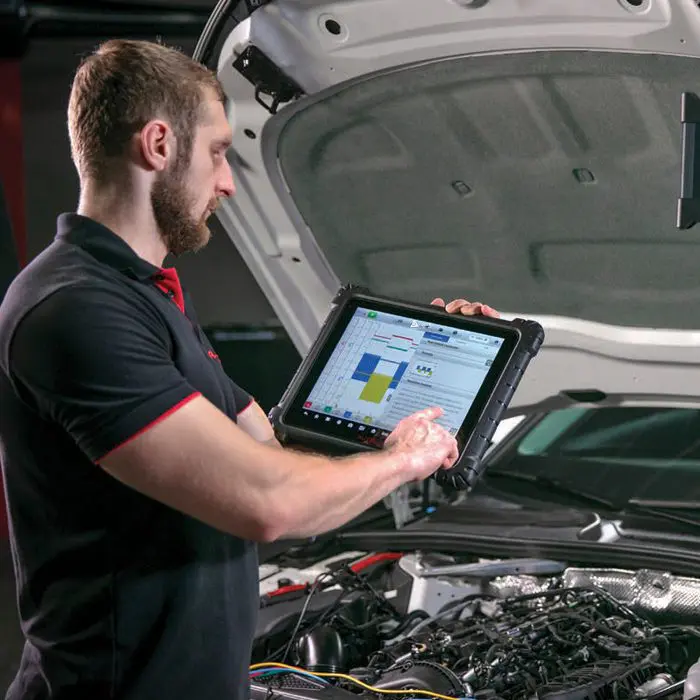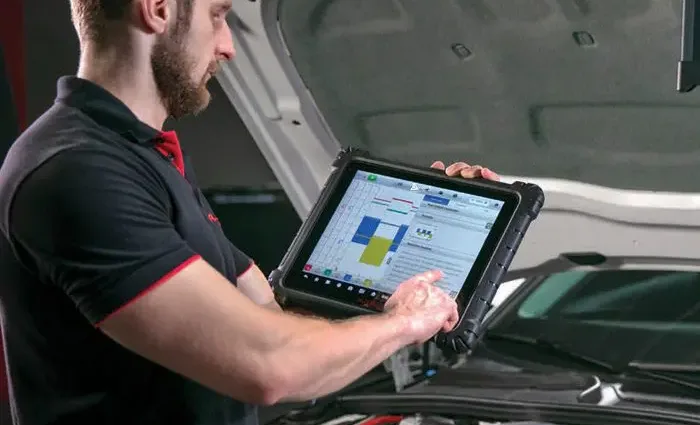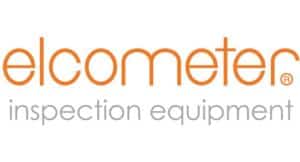Vehicle Diagnostic Scans

Vehicle diagnostic scans stand as a critical gateway to understanding the intricate health details of your vehicle. They are not just a luxury but a necessity in today’s complex automotive environment, where electronic systems play a massive role in nearly every vehicle function. From the engine and transmission to the exhaust system and brakes, diagnostic scans delve deep into the electronic control units (ECUs) of modern vehicles, offering a comprehensive health report.
The Evolution of Vehicle Diagnostics: From Simple Tools to Advanced Systems
History and Development of Diagnostic Tools
In the past, diagnosing vehicle problems was akin to solving a complex puzzle without all the pieces. Mechanics would make educated guesses based on observable symptoms. However, the advent of On-Board Diagnostics (OBD) systems revolutionized this process. Initially introduced in the 1980s, OBD systems provided basic troubleshooting capabilities. The transition to OBD-II in the mid-1990s brought a universal protocol for all cars and light trucks on the road, significantly enhancing diagnostic accuracy and uniformity.
Modern Vehicle Diagnostic Scans
Today, diagnostic tools are more sophisticated than ever. They can retrieve detailed error codes from the vehicle’s OBD system, which communicates with everything from the engine to the dashboard. These tools, whether handheld devices used in local garages or advanced systems in dealership service centers, offer a window into the ongoing performance and health of a vehicle’s critical systems.
How Vehicle Diagnostic Scans Work: A Technical Overview
The Role of the On-Board Diagnostics System
At the heart of vehicle diagnostic technology lies the OBD system. This system monitors numerous engine and vehicle operations including emission control systems, engine temperature, and even the brake system. When something goes awry, the OBD system records it as a fault code in the vehicle’s computer system.
Reading and Interpreting Diagnostic Codes
Diagnostic codes, or DTCs (Diagnostic Trouble Codes), are alphanumeric codes that identify where and what the problem is. A typical code might look like “P0301,” indicating a cylinder misfire in cylinder one. Interpreting these codes requires a combination of technical knowledge and advanced diagnostic tools that can provide a clear picture of the issue.
The Importance of Regular Diagnostic Checks
Vehicle Diagnostic Scans Help with Preventive Maintenance
Regular vehicle diagnostic scans can act as a form of preventive maintenance. By identifying potential problems before they escalate, these scans can save vehicle owners significant amounts of money in repairs. For instance, detecting a failing sensor before it causes further damage to the engine can be far less expensive than replacing a damaged engine.
Enhancing Vehicle Safety
Safety is another crucial factor. Diagnostic scans can uncover issues that may affect the vehicle’s safety features, such as problems with the anti-lock braking system (ABS) or electronic stability control (ESC). Ensuring that these features are operating correctly is essential for driver safety.
Types of Diagnostic Tests and What They Reveal
Engine and Transmission Scans
These scans are vital for uncovering problems that affect the engine and transmission performance. They can reveal issues like inefficiencies in fuel delivery, ignition problems, and even gearbox issues.
Electrical System Analysis
Since modern vehicles heavily rely on electronic systems, electrical system diagnostics are crucial. These tests can detect problems with the vehicle’s battery, alternator, and other components like power windows and headlights.
Choosing the Right Diagnostic Tool and Professional
DIY Scanning Tools vs. Professional Diagnostics
While DIY scanning tools are available, professional diagnostics provide a more comprehensive analysis due to their advanced software and hardware capabilities. Choosing whether to go DIY or professional depends largely on the complexity of the problem and the individual’s technical expertise.
Finding a Qualified Mechanic
Selecting the right mechanic or service center is paramount. Look for certified professionals who have experience with your vehicle’s make and model, and check reviews or ask for recommendations to ensure you receive reliable service.
The Future of Vehicle Diagnostics
Integration with Mobile and Cloud Technologies
The future of vehicle diagnostics is heading towards greater integration with mobile and cloud technologies. This could mean real-time diagnostics and updates sent directly to a vehicle owner’s smartphone, providing continuous monitoring and more responsive maintenance.
Advanced Predictive Analytics
With advancements in artificial intelligence and machine learning, predictive analytics is becoming a reality in vehicle diagnostics. This technology can predict potential failures before they happen, based on vast amounts of data collected from numerous vehicles.






